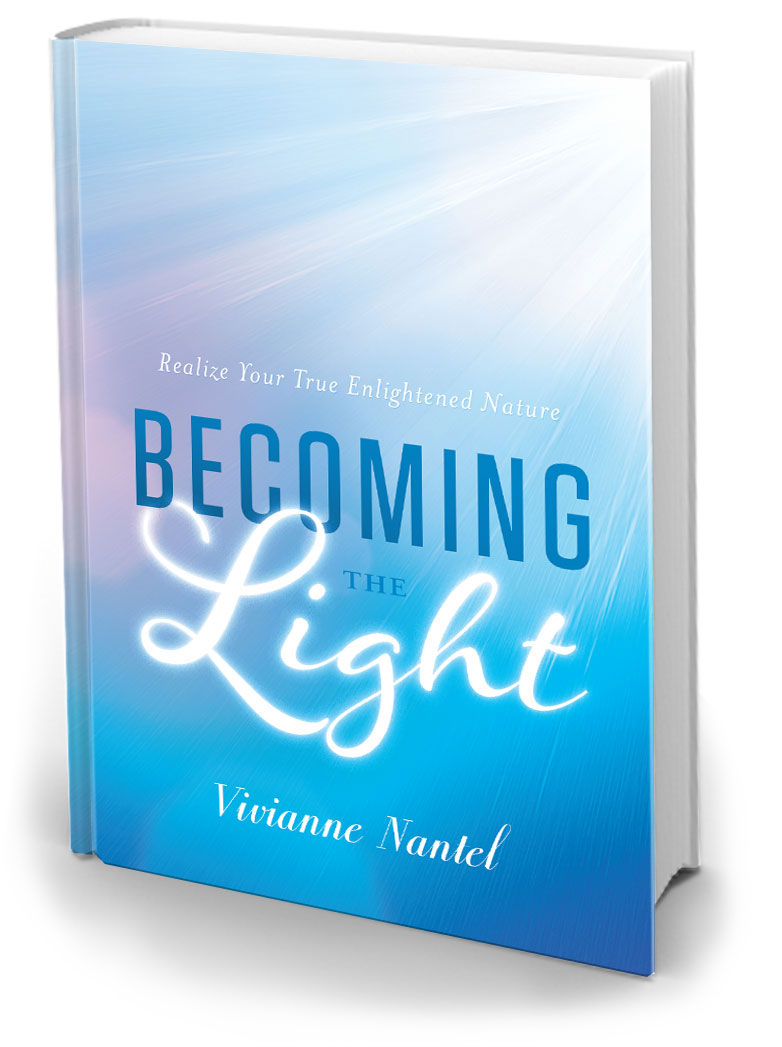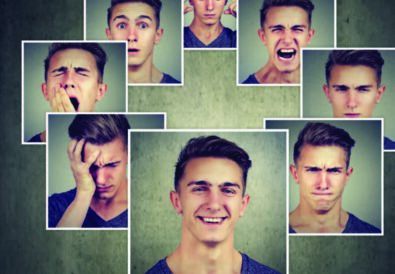When we talk about love, it is inevitable the subject of codependency and interdependency arise. This relatively new term, codependency, was coined a few decades ago. Since this topic is vast and I am not a professional psychologist, I will share only what seems pertinent for the sake of awareness.
The learned compulsive behavior called codependency is one of the gravest malaises of our century. Codependency makes it harder for people to unleash their true nature, causing great suffering and pain. It has surely been around forever, but we were unable to identify it.
When I was a young girl, I thought humankind failed to look inward for their spiritual power. I wondered why most progress was manifested outward in the world in such areas as spacecraft, computers and automobiles. I used to imagine how it would be to discover the power within, these ancient frontiers of exploration to other dimensions. I did not know how, but finding the pathway fascinated me.
Through research and observation, I discovered there are many definitions of codependency, but all of them come down to one thing…an addictive relationship that develops from learned behaviors and conditioned responses, causing the individual to hold dysfunctional boundaries. The idea of codependency was first used to explain responses from those who lived with an alcohol or drug abuser. However, over time this notion expanded to embrace all unhealthy, dysfunctional relationships. Today it includes anyone who has learned and acquired maladaptive behaviors to survive great emotional pain. These circumstances can arise from being subjected, within the family or social group, to drug dependency, chronic mental or physical illness, physical and emotional abuse, divorce, suicide, sexual abuse and rape, violence or toxic environment. It is the byproduct of the conditioned response to survive traumatic stress.
Codependency is also widely used to describe people with similar patterns in their romantic or other personal relationships. Today codependency describes a dysfunctional pattern of behaving, coping, surviving, and problem solving that develops when the family or society of origin has used rigid and unhealthy rules and actions to influence behavior.
According to the country’s oldest and largest nonprofit organization addressing aspects of mental health and mental illness, Mental Health America says, “Codependency is a learned behavior that can be passed down from one generation to another. It is an emotional and behavioral condition that affects an individual’s ability to have a healthy, mutually satisfying relationship. It is also known as “relationship addiction” because people with codependency often form or maintain relationships that are one-sided, emotionally destructive and/or abusive. The disorder was first identified as the result of years of studying interpersonal relationships in families of alcoholics. Codependent behavior is learned by watching and imitating other family members who display this type of behavior.”
This emotional and behavioral condition can affect anyone, a parent, friend, sibling, lover, spouse, or child who has been emotionally or physically abused and neglected during childhood and adolescence. Codependency can be hard to detect, especially in oneself. Some relationships can stir codependency in an individual if one is not completely healed from the ghosts of the past.
Being codependent does not mean individuals don’t love one another. Contrarily, they may love each other deeply, but don’t know how to behave and interact in a healthy way. One or both of the individuals may unconsciously sabotage the relationship so it becomes complex, draining, and painful as the participants watch it deteriorate before their eyes. Codependence leads you to deal in unhealthy ways with others, become too dependent at all levels, obsess and live through your significant others.
A person who suffers from codependency tends to become involved in toxic and painful relationships, enabling the individual to reenact their learned role and familiar dysfunctional behaviors in the new relationship. A codependent person may assume an overly passive or excessively care-taking manner, which also affects the relationship negatively. In many cases, codependency can lead to ending the relationship, to divorce, to severe depression and even suicide. It does not have to be that way. Both individuals can heal, grow, and blossom together.
 Vivianne Nantel (“Devi”) is a modern-day mystic and the author of Becoming the Light: Realize Your True Enlightened Nature (Greenleaf, 2018). A devotee or disciple under such renowned masters as the Dalai Lama, Sadhguru, H. H. Sri Sri Ravi Shankar, and Thich Naht Hanh, she has overcome grave life trials—an abusive childhood, major depression, advanced breast cancer, and several near-death experiences—and today is a celebrated yogini, spiritual guide, visionary, vocalist, and inspirational speaker. Learn more at viviannenantel.com.
Vivianne Nantel (“Devi”) is a modern-day mystic and the author of Becoming the Light: Realize Your True Enlightened Nature (Greenleaf, 2018). A devotee or disciple under such renowned masters as the Dalai Lama, Sadhguru, H. H. Sri Sri Ravi Shankar, and Thich Naht Hanh, she has overcome grave life trials—an abusive childhood, major depression, advanced breast cancer, and several near-death experiences—and today is a celebrated yogini, spiritual guide, visionary, vocalist, and inspirational speaker. Learn more at viviannenantel.com.

















